July 26, 2019 •
Kentucky Governor Signs Pension Bill as Special Session Ends
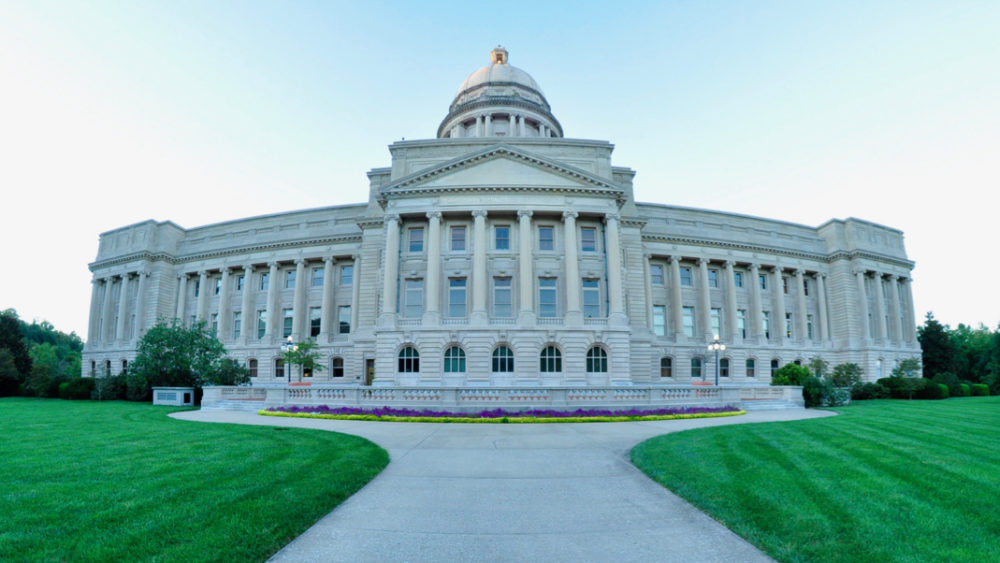
The Kentucky State Capitol building
Gov. Matt Bevin signed a bill into law that allows Kentucky regional universities and “quasi” state agencies to avoid a massive spike in pension costs in exchange for exiting the state’s ailing pension systems. Bevin called a special legislative session […]
Gov. Matt Bevin signed a bill into law that allows Kentucky regional universities and “quasi” state agencies to avoid a massive spike in pension costs in exchange for exiting the state’s ailing pension systems.
Bevin called a special legislative session last week for lawmakers to address the issue after spending months working on the pension bill with Republican leaders of the legislature.
After Bevin signed the bill, the legislature ended the special session.
July 23, 2019 •
Annapolis Mayor Introduces Procurement Legislation
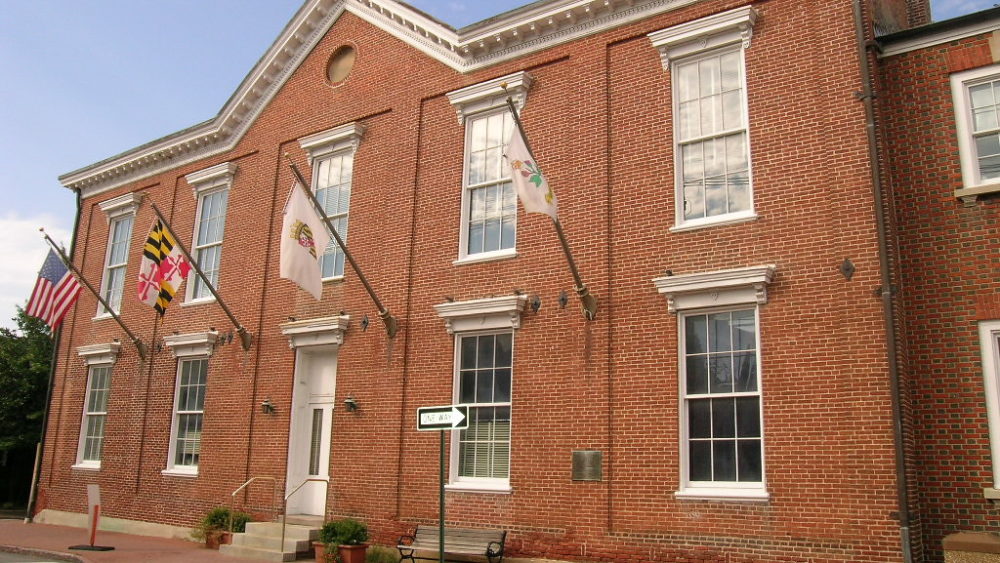
Annapolis City Hall via Preserve Maryland
Mayor Gavin Buckley introduced a bill at a recent city council meeting outlining how the city should purchase items and services. A draft of the legislation proposes a procurement process that would create an efficient, cost-effective, and equitable system of […]
Mayor Gavin Buckley introduced a bill at a recent city council meeting outlining how the city should purchase items and services.
A draft of the legislation proposes a procurement process that would create an efficient, cost-effective, and equitable system of public purchasing by the city.
Annapolis currently does not have a set system for procurement.
If passed, the bill would be added to the city code to create a more standardized procurement system.
July 23, 2019 •
Maryland Launches New Electronic Procurement System
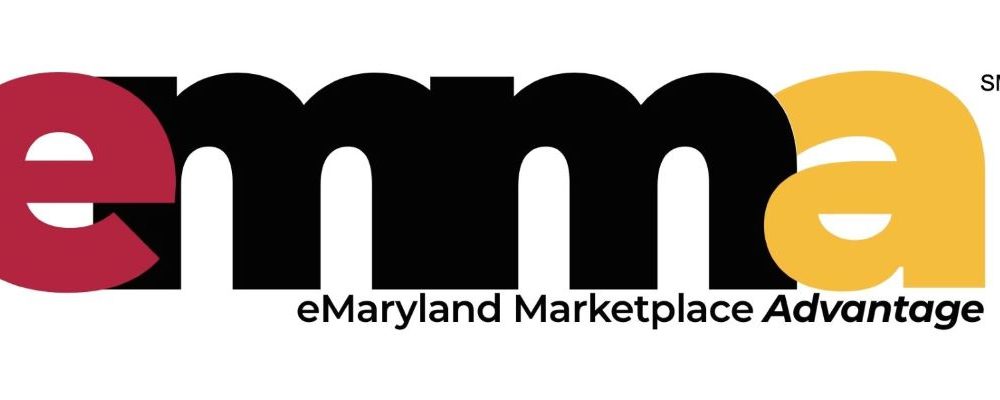
The Maryland Department of General Services launched the state’s new electronic procurement system, eMaryland Marketplace Advantage (eMMA). The eMMA system is Maryland’s new online platform used to connect the vendor community with contracting opportunities from state, county, and local government […]
The Maryland Department of General Services launched the state’s new electronic procurement system, eMaryland Marketplace Advantage (eMMA).
The eMMA system is Maryland’s new online platform used to connect the vendor community with contracting opportunities from state, county, and local government entities.
Registered vendors will receive notices of bid opportunities, submit bid responses, and obtain bid results online.
Accounts from the previous system will not be transferred to eMMA.
Vendors will have to register with the new system.
The state is currently training over 825 procurement professionals to help during the transition and provide training to users.
July 18, 2019 •
San Francisco Pay-To-Play Ballot Measure

San Francisco, California - Noahnmf
Voters will have a chance in November to increase the restrictions on political contributions in the latest campaign finance proposal aimed at pay-to-play. The Sunlight on Dark Money ballot initiative requires greater disclosure of who is behind campaign advertisements paid […]
Voters will have a chance in November to increase the restrictions on political contributions in the latest campaign finance proposal aimed at pay-to-play.
The Sunlight on Dark Money ballot initiative requires greater disclosure of who is behind campaign advertisements paid for by PACs.
The measure requires the top three largest donors of the committee paying for the advertisement to disclose the name and amount contributed to the committee.
If any of the three belong to another committee, they must disclose the top two donors of that committee as well.
The measure would also prohibit top executives in development companies from contributing to candidates or current office holders of the Board of Supervisors, mayor, and city attorney.
The prohibition will be in effect while a project they have financial interest in is pending approval, or for 12 months after the city makes a final decision on the project.
The measure will also close a loophole allowing LLCs and LLPs to contribute to candidates despite an existing ban on those donations from corporations.
The measure would take effect 10 days after the election results are certified.
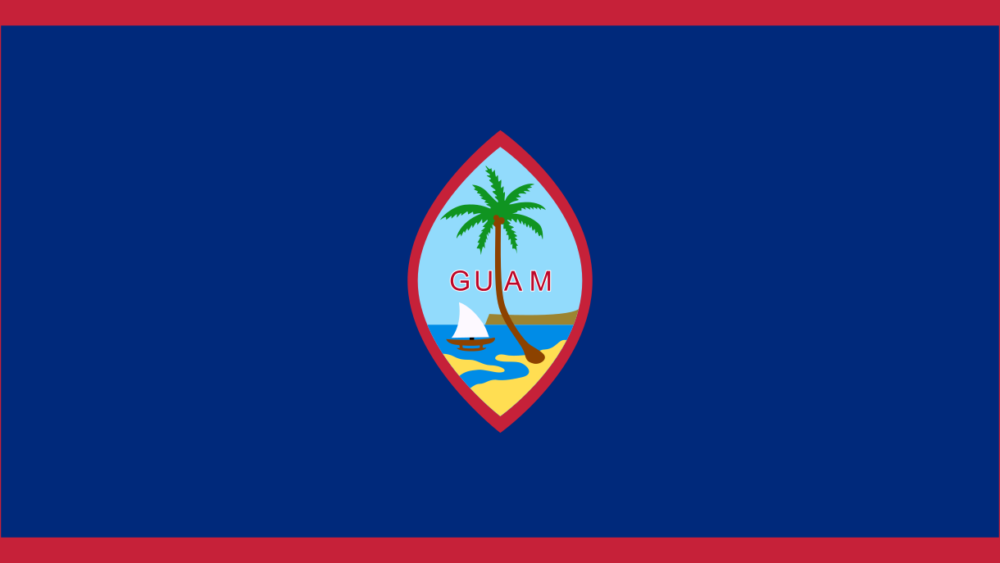
Election commissioners are proposing the filing of quarterly campaign finance reports. Quarterly reports would be filed with the commission on April 15, July 15, October 15, and January 15. The final report would be due no later than 15 days […]
Election commissioners are proposing the filing of quarterly campaign finance reports.
Quarterly reports would be filed with the commission on April 15, July 15, October 15, and January 15.
The final report would be due no later than 15 days after the last day of the calendar quarter in which campaign funds were exhausted or deficit eliminated.
July 16, 2019 •
Kentucky Governor Announces Start Date of Special Session

The Kentucky State Capitol building
Gov. Matt Bevin announced he will convene the Kentucky General Assembly into special session at 8 a.m. on July 19. Since the conclusion of the 2019 regular session, Bevin has been working with state legislators preparing for a special session […]
Gov. Matt Bevin announced he will convene the Kentucky General Assembly into special session at 8 a.m. on July 19.
Since the conclusion of the 2019 regular session, Bevin has been working with state legislators preparing for a special session to help Kentucky’s quasi-agencies from the financial burden caused by the state’s looming public pension crisis.
Agencies needing help include regional universities, health departments, domestic violence centers, and community health centers,
An official proclamation will be issued later this week in accordance with the Kentucky Constitution.
July 16, 2019 •
California Governor Signs Expenditure Bill
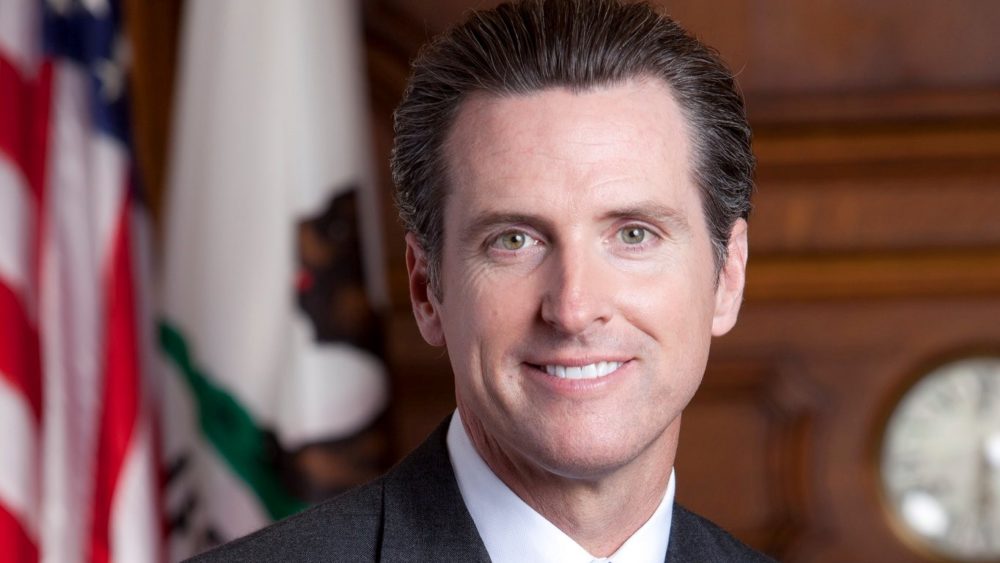
California Gov. Gavin Newsom
Gov. Gavin Newsom signed legislation on July 12 to clarify language related to preelection statements and income from gifts and business entities. Assembly Bill 903 requires preelection statements to disclose contributions and independent expenditures made to a state, county, or […]
Gov. Gavin Newsom signed legislation on July 12 to clarify language related to preelection statements and income from gifts and business entities.
Assembly Bill 903 requires preelection statements to disclose contributions and independent expenditures made to a state, county, or city general purpose committee or made to support or oppose a candidate or measure appearing on the ballot at a specified election.
The specified election will be the next election for certain state or county general purpose committees and elected state officers or candidates for elective state office.
The bill also amends the definition of expenditure to include communications paid for with public moneys by a state or local government agency.
The bill will take effect on January 1, 2020.
July 15, 2019 •
Long Beach City Council Sets Date for Special Election

Long Beach, California
A special election will take place on November 5 for City Council District 1. The Long Beach City Council adopted a resolution at the July 9 meeting to conduct a special municipal election. Lena Gonzalez relinquished the District 1 seat […]
A special election will take place on November 5 for City Council District 1.
The Long Beach City Council adopted a resolution at the July 9 meeting to conduct a special municipal election.
Lena Gonzalez relinquished the District 1 seat after winning the state Senate District 33 seat.
The council’s adoption of the resolution included a request to the Los Angeles County Board of Supervisors to have the Los Angeles County Registrar-Recorder/County Clerk run the special election in November.
July 15, 2019 •
Kentucky Special Session Likely for July 19
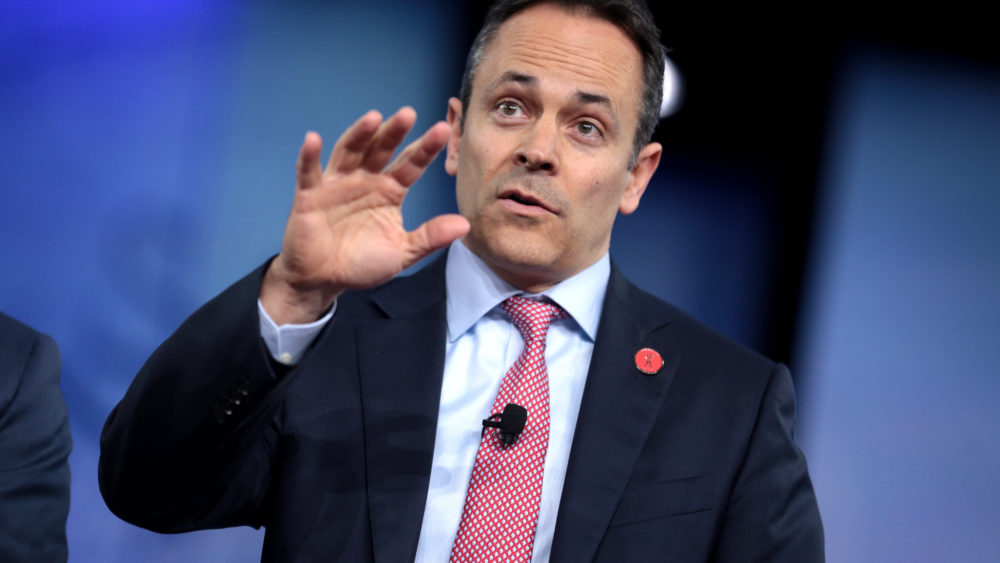
Ky Gov. Matt Bevin - Gage Skidmore
Gov. Matt Bevin is set to call a special legislative session to pass a bill giving relief to quasi-governmental groups from the soaring pension costs they must pay starting this month. The special session will have to start on July […]
Gov. Matt Bevin is set to call a special legislative session to pass a bill giving relief to quasi-governmental groups from the soaring pension costs they must pay starting this month.
The special session will have to start on July 19 or regional universities, health departments, and others will have to wait until after a critical deadline to receive relief from a massive increase in pension costs.
Lawmakers passed a bill providing relief in March, but Bevin vetoed the bill because of concerns that parts of the bill were illegal and the measure would be financially harmful to the state’s cash strapped pension funds.
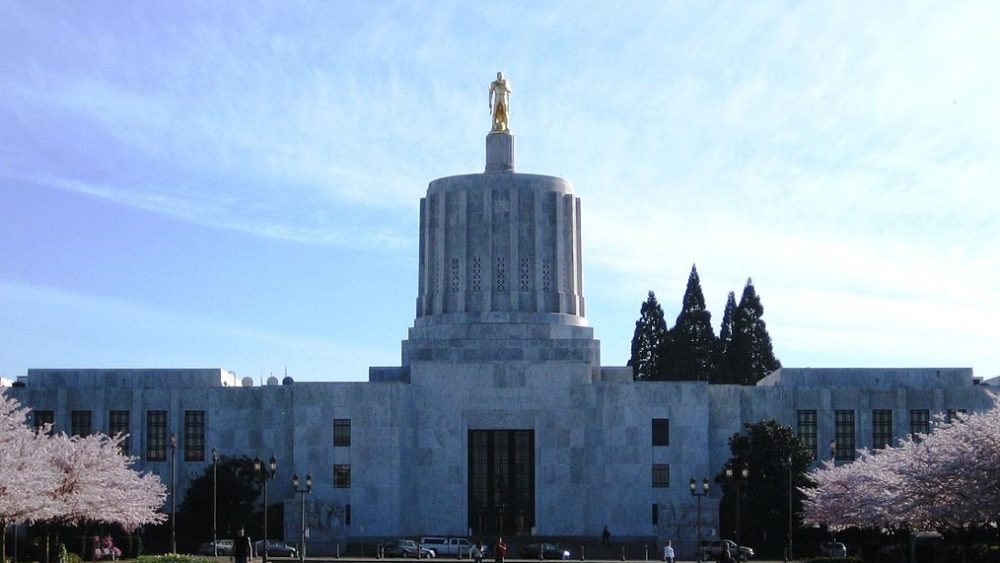
Oregon State Capitol Building
The Oregon Republican Party has nominated Becky Mitts, Raquel Moore-Green, and Brad Nanke as the three finalists to replace Denyc Boles as state representative for District 19. Boles resigned from the District 19 seat on June 28 after being appointed […]
The Oregon Republican Party has nominated Becky Mitts, Raquel Moore-Green, and Brad Nanke as the three finalists to replace Denyc Boles as state representative for District 19.
Boles resigned from the District 19 seat on June 28 after being appointed to replace the late Jackie Winters as state senator for District 10.
The Marion County commissioners plan to make a selection on July 23.
However, the commissioners have 10 days after the names are filed with the secretary of state to make a decision.

Flag of Alaska
The state Senate kicked off the second special session in Juneau and promptly removed Sen. Mia Costello as the majority leader. Costello was in Wasilla with nearly a third of her fellow lawmakers. Gov. Mike Dunleavy called for the second […]
The state Senate kicked off the second special session in Juneau and promptly removed Sen. Mia Costello as the majority leader.
Costello was in Wasilla with nearly a third of her fellow lawmakers.
Gov. Mike Dunleavy called for the second special session to be held in Wasilla on July 8.
The session ended quickly because there was no majority to conduct business.
House minority leader Lance Pruitt stated the members would remain in Wasilla and wait for the legislators in Juneau to attend.
July 9, 2019 •
California Legislature Passes Expenditure Bill
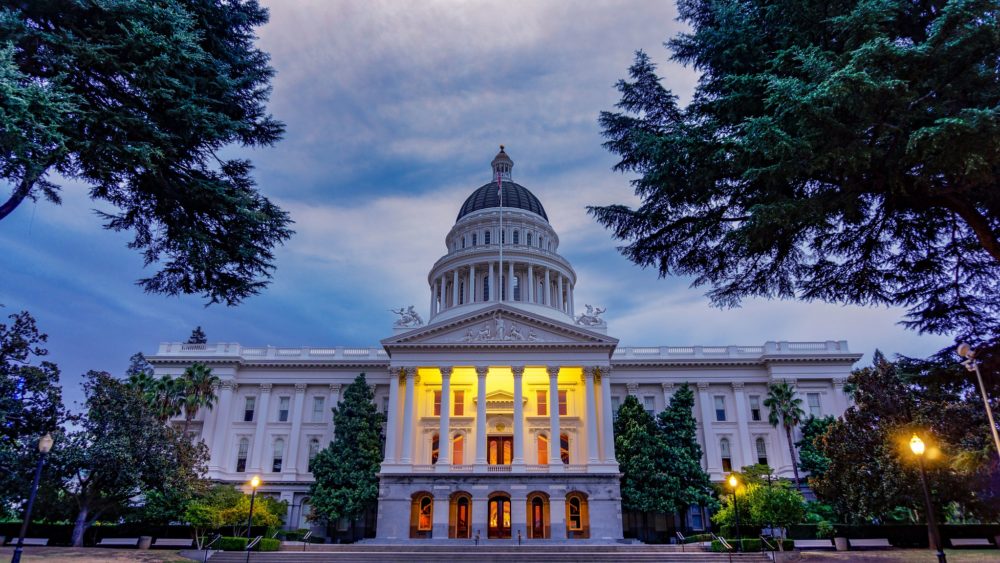
California State Capitol Building - Jeff Turner
On July 8, Gov. Gavin Newsom was presented with a bill clarifying language related to preelection statements and income from gifts and business entities. Assembly Bill 903 requires preelection statements to disclose contributions and independent expenditures made to a state, […]
On July 8, Gov. Gavin Newsom was presented with a bill clarifying language related to preelection statements and income from gifts and business entities.
Assembly Bill 903 requires preelection statements to disclose contributions and independent expenditures made to a state, county, or city general purpose committee or made to support or oppose a candidate or measure appearing on the ballot at a specified election.
The specified election will be the next election for certain state or county general purpose committees and elected state officers or candidates for elective state office.
The bill also amends the definition of expenditure to include communications paid for with public moneys by a state or local government agency.
If signed by the governor, the bill takes effect on January 1, 2020.
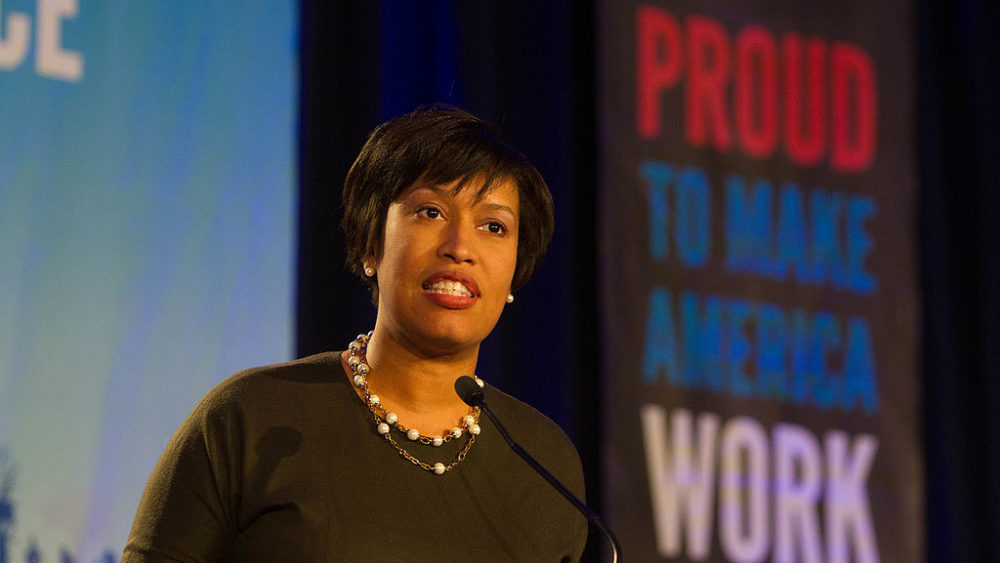
Washington D.C. Mayor Muriel Bowser - by AFGE
Mayor Muriel Bowser signed the Fair Elections Temporary Amendment Act of 2019 on July 1. The act amends the definition of a qualified small-dollar contribution to set a minimum value of cash or in-kind contributions at a value of $5. […]
Mayor Muriel Bowser signed the Fair Elections Temporary Amendment Act of 2019 on July 1.
The act amends the definition of a qualified small-dollar contribution to set a minimum value of cash or in-kind contributions at a value of $5.
Following a 30 day period of congressional review, the act will become effective .
The act will expire 225 days after becoming effective.
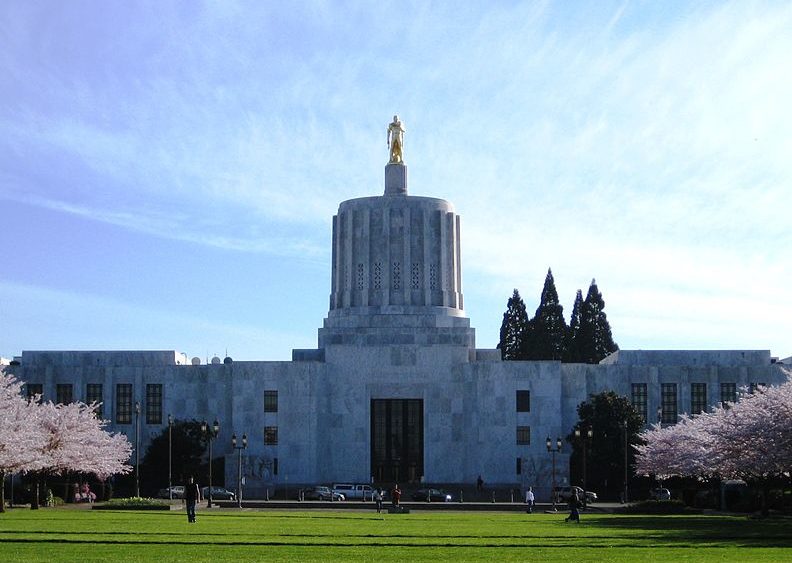
Oregon Capitol Building
The Oregon Legislature adjourned on June 30, pushing through over 100 bills. The Senate passed two campaign finance bills and a resolution to limit the amount of money flowing into Oregon politics and improve transparency in the election process. House […]
The Oregon Legislature adjourned on June 30, pushing through over 100 bills.
The Senate passed two campaign finance bills and a resolution to limit the amount of money flowing into Oregon politics and improve transparency in the election process.
House Bill 2716 requires communications made in support of or opposition to a candidate or measure to identify who paid for them.
House Bill 2983 builds on the transparency requirements set up in House Bill 2716.
The bill requires qualifying organizations making political expenditures file a donor identification list identifying donors making donations above $10,000 during the election cycle with the Office of the Secretary of State .
Senate Joint Resolution 18 proposes an amendment to the Oregon Constitution authorizing adoption of state and local laws requiring campaign finance related disclosures.
The proposed amendment would also authorize limiting political contributions and expenditures.
The resolution will send to voters the question of amending the state Constitution to allow governing bodies to pass laws on campaign finance.
House Bill 3377 was also passed, requiring registered lobbyists to attend annual training beginning in 2021.
The bill directs lobbyists to certify training attendance to the Oregon Ethics Commission and the commission to report lobbyist training attendance to a legislative equity officer.
State and Federal Communications, Inc. provides research and consulting services for government relations professionals on lobbying laws, procurement lobbying laws, political contribution laws in the United States and Canada. Learn more by visiting stateandfed.com.

